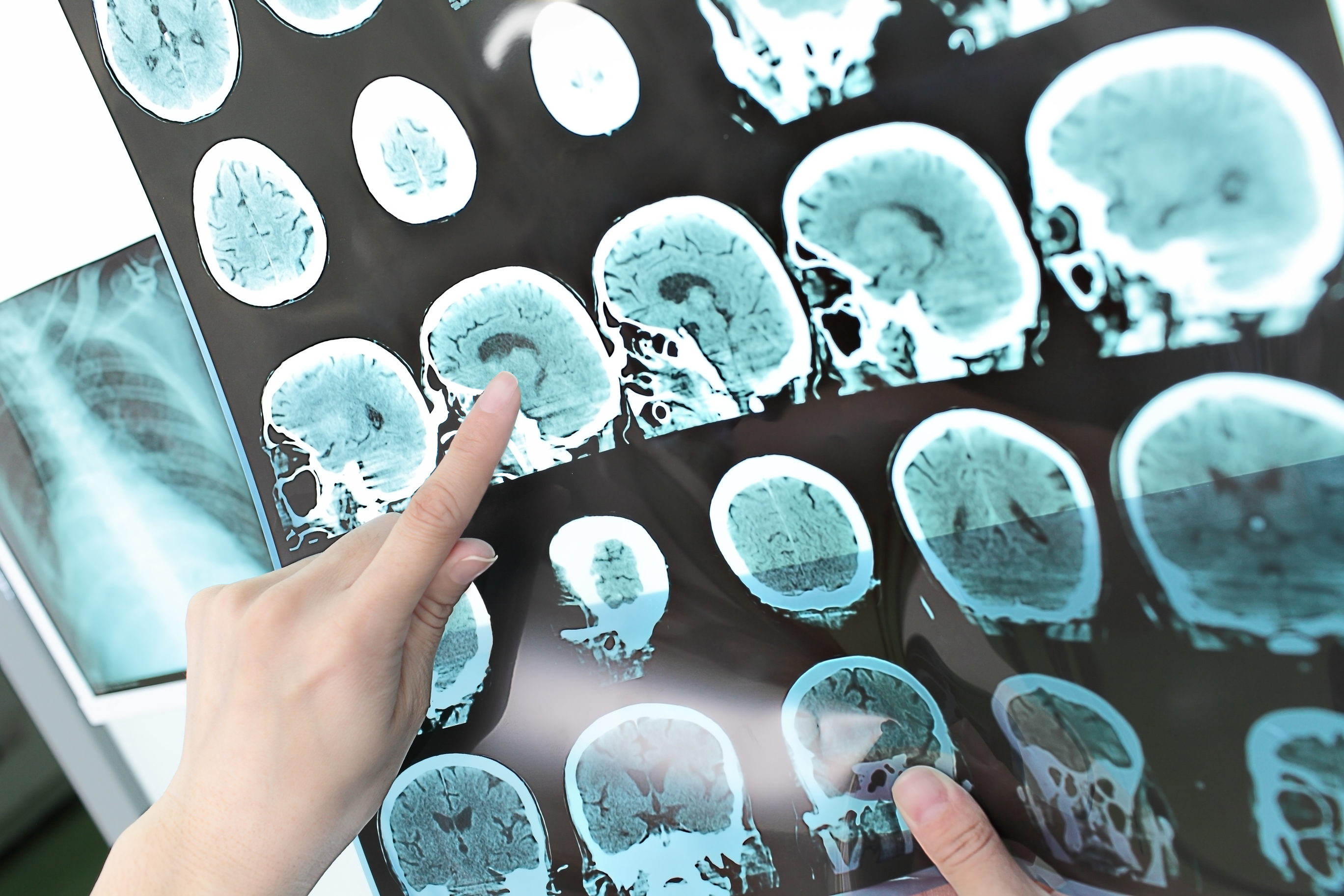To get diagnosed with a psychiatric illness is a big deal. Mental illnesses are often chronic and may require heavy medications, each with their own problems and side-effects, to stabilise. Labels such as schizophrenia or bipolar mood disorder carry with them the weight of stigma and poor prognosis. Further, when you are fragile and vulnerable, it’s very painful to be misunderstood; especially if it’s by the very people you turn to for help. It is very, very important to get the right diagnosis when you visit a psychiatrist. But psychiatrists, myself included, can get it wrong.
Mostly, we have gotten very good at getting to the nub of a mental illness. We have learnt tricks like following genetic links in a family tree, watching for psychiatric presentations of physical problems and having the time to take full histories so that we can flesh out lifelong patterns. But there are many reasons why the diagnosis can go completely wrong:
- most symptoms are self-reported.
Of course, it is up to the psychiatrist to help tease out symptoms and to help give the patient words to describe their illness. The problem is a human quirk called “state specific memory”. I remember a patient early on in my career. She was very depressed. Her history showed periods of high activity and productivity, so I suspected that there might be an element of bipolar mood disorder. However, she insisted that she had felt this low for most of her life. She denied ever feeling elevated, or of having patches of more energy. Her bipolar mood disorder came into focus when I increased her antidepressant dose, triggering a hypomania. Then she was able to give me a long history of excitable, reckless, energetic periods, which spanned throughout her life. She was not lying. It’s just that when she was depressed, she could only remember being depressed. It took being hypomanic to remember the times when she was hypomanic.
- Psychiatric diagnoses are made in symptom clusters and categories
The DSM (Diagnostic and Statistic Manual) is the Bible in which psychiatrists find their diagnosis. It’s a reliable, well researched and well-tested document, which is being constantly reviewed and revised. It is a good starting point for any good psychiatrist.
The problem is that human beings are stubbornly non-categorical. We are individuals, and our mental illnesses are as rich and varied as we are. I know a patient who presented with extreme mood lability. She was always up and down. She did not respond well to mood stabilisers. It was after she got to know and trust me, that she eventually was able to disclose the extent of the abuse she had suffered growing up. And of how she sometimes drank to keep her tortured memories at bay. Only when I made the diagnosis of post-traumatic stress disorder and alcohol abuse and treated her accordingly, did she start to improve. It took several years to get it right.
- Psychiatrists are human
And as such, prone to human error. It is especially true if there is a cultural or language difference. Sometimes the psychiatrist might genuinely not get it.
In an ideal world, psychiatrists wouldn’t need to make a definitive diagnosis within the first few sessions. Psychologists have this luxury; they can let the story unfold. But if the diagnosis isn’t made, then patients can’t access the benefits from medical aid funders due to them for their diagnosis. This includes benefits such as expensive medications or prescribed minimum benefits (PMB’s).
A clue that you have been misdiagnosed is that you are not stabilising. Keep in mind that the neurological system heals very slowly, so it might take a few months. Be honest with yourself: if you are still drinking a lot or in a toxic relationship, then there are many factors as to why you are not getting better.
But if all things are taken into account and if there is no improvement, it’s worth going back to the drawing board. Talk to your psychiatrist, challenge your diagnosis and your meds. Make sure you know what you can expect from every pill. A good psychiatrist should be a “co-manager” of your condition, and might even recommend a second opinion.
If your psychiatrist gets irritated and defensive, then it might be worthwhile reviewing your relationship. If you have a difficult to manage illness, then a good relationship with your psychiatrist is essential to your prognosis.








4 Comments
Psychiatrists and psychologists also get it wrong when the case before them does not neatly fit into the paradigm to which they are wed, in which case they will make it fit. I am thinking in particular of the personality cult of Carl Jung. I spent two years trying to write a master of philosophy in psychiatry thesis on Jungian archetypes trying to square them with organic psychiatry and I couldn’t because they don’t exist. (I wish someone had told me that earlier.)
Modern psychiatry is atheoretical and evidenced based and in my opinion so should it be for clinical practice.
Quite so
My daughter was diagnosed at 18, she is now 30 and currently having the worst episode I have ever witnessed, 7 sessions of ECT and she is getting worse. I think her diagnoses is wrong. I wish they could take her of all her meds and start form scratch I feel like I am losing her. She is currently on
lithium
Abilify
epilum
limotrogene
Zyprexa
Activan
Dormonoct
These are the ones I remember
Med aids restrict cover so we have being paying cash for the last 3 weeks and our money has run out. Her Dr is now trying to get her admitted to Baragwaneth in the hope of finally getting her into Tara.
My daughter has a Phd in Physics but thinks she is useless and a waste of space. I am so broken I just do not know if I trust the med fraternity anymore.
Maybe the bright side of Bra is that she will have a panel of Dr looking at her. I am just so afraid of the conditions at Bara. But we have no choice. I feel so helpless
It is so painful to see a loved one suffer. I hope that she recovers swiftly and strongly.